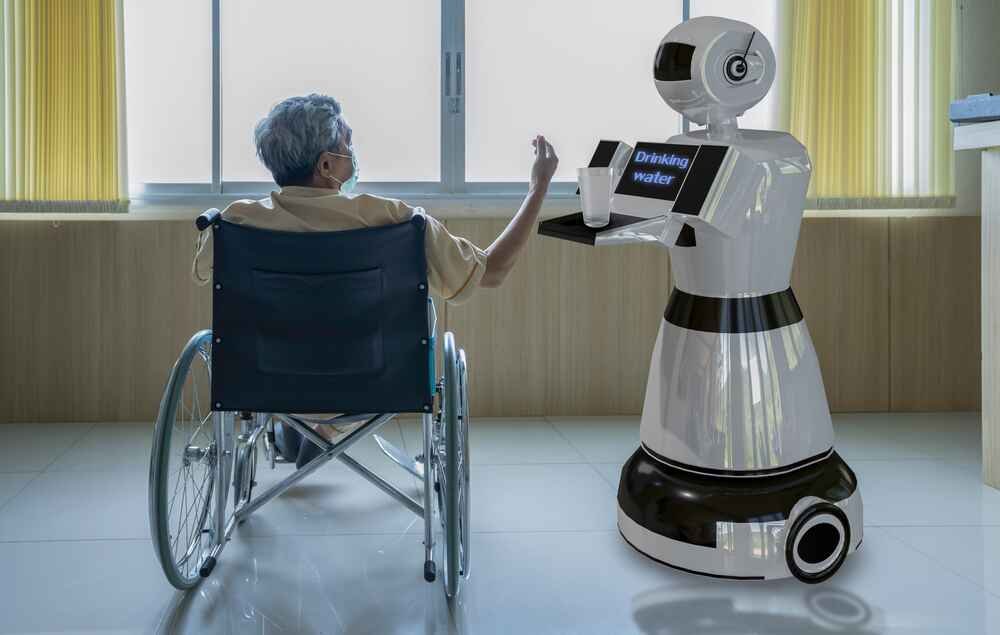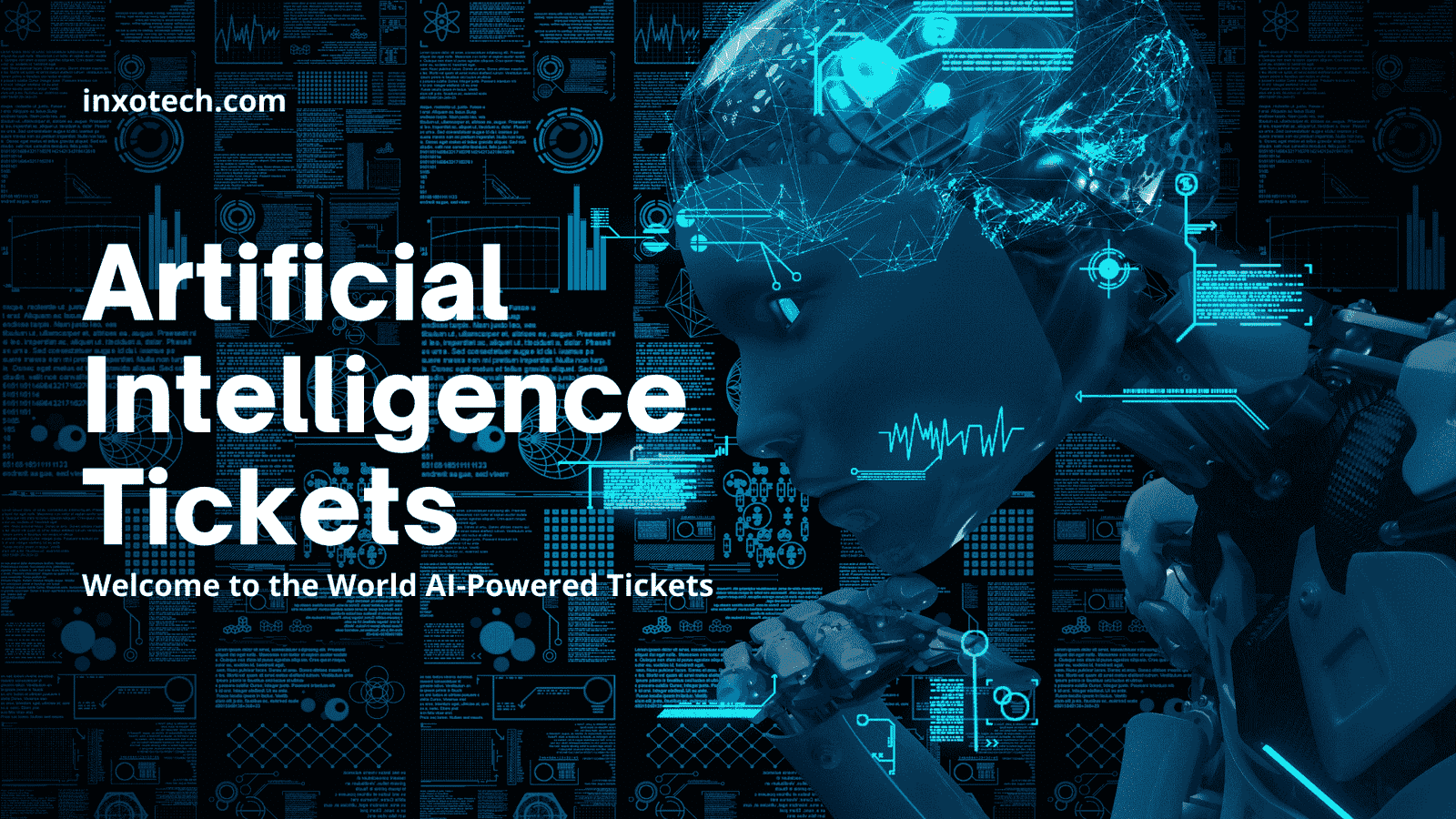AI in Healthcare: revolution Diagnosis, Treatment, and Patient Care
Introduction to AI in Healthcare
The use of AI in healthcare is a new and enlightening departure that is trying to improve healthcare globally. AI has also posited that there is a future to assist healthcare professionals, instead of performing tasks in physical ways. The use of AI also increases opportunities to work with physical methods, such as diagnostic publishing and speeding up the evaluation of therapeutic settings.
The use of AI enhances healthcare capabilities such as the diagnosis of various diseases, specific drug content settings, and understanding of treatment plans. This can result in providing better healthcare to consumers and increase their treatment. In This article, we explore the impact of AI in healthcare.

AI in Diagnosis: Enhancing Accuracy and Efficiency
Utilizing Machine Learning for Disease Detection
Indeed, the use of machine learning in AI diagnosis represents an important and effective method that improves the accuracy and efficiency of disease detection. Machine learning helps analyze information from thousands of reports to detect the emergence of various diseases. This analysis makes it easier to identify various symptoms and markers for diagnosing diseases. Moreover, machine learning techniques are advancing rapidly in disease diagnosis. They offer the best diagnostic evaluations and make the most informed choices in treatment. Thus, machine learning techniques are establishing new frontiers in healthcare and are expected to offer additional capabilities in disease diagnosis and treatment in the future.
Improving Radiology with AI Algorithms
The use of AI algorithms in radiology has improved clinical diagnosis. With the help of AI algorithms, radiologists can analyze a large number of progressive radiological images to help diagnose diseases. These algorithms provide more convenience in diagnosing diseases and help radiologists understand the true nature of diseases after diagnosis.
AI algorithms make radiology the best choice for identifying diagnostic diseases and bring more precision to disease diagnosis. These algorithms assist radiologists in providing optimal diagnosis and treatment for various diseases.

Treatment Optimization through AI
Personalized Medicine: Tailoring Treatments with Data
Personalized medicine is tailored to a specific person’s recovery needs and their recovery status. This is one of the most important ways to improve treatment outcomes. It determines the diagnosis, treatment, and use of medicines according to the needs and possibilities of the particular person.
Various AI algorithms are used to help evaluate and determine the specificity of a person’s recovery through the data. These algorithms analyze a patient’s physical and genetic characteristics to predict specific treatments based on their symptoms, such as gene mutations, age, sex, and recovery history.
Streamlining Surgical Procedures with Robotics
Improves recognition of surgical procedures through robotics. The use of these machines makes operations more effective and efficient, allowing for less conflicting diagnostic procedures for the patient. They are also used to better identify and target functional organs in the body, which improves surgical technique and increases throughput through more accurate signal analysis.
Surgical procedures are simplified with the help of robotics and help specialists predict the patient’s health in principle. It is important to examine the validity and practical use of short-term interventions to improve patient health services and provide the best treatment to patients.

Enhancing Patient Care with AI
Virtual Health Assistants: Providing 24/7 Support
Virtual health assistant provides various benefits to patients. They provide advice and guidance to patients at all times, helping them provide medical information, medication information, and health counseling. With their help, patients can better diagnose their diseases and get important healthcare information. Virtual health assistance provides them with medical advice, purchase of medicines, and guidance for medical investigations.
Also, virtual health assistants help patients with emergency health issues. They provide patients with briefings and important information such as instructions on widespread epidemics, safety tips, and precautions. These aids provide important and supportive information to patients in their healthcare and help improve their health information.
Predictive Analytics: Anticipating Health Trends
AI-driven predictive analytics is an artificial intelligence (AI) technology that holds importance in the field of health quality and healthcare. This analysis has the potential to assess individual health opportunities and thereby help improve health quality. With the help of predictive analytics, By identifying patterns and trends in patient populations clinicians and hospitals can predict when and what type of healthcare a patient needs.
This technique increases the efficiency of healthcare and facilitates the delivery of best quality care to patients. With the help of predictive analytics, hospitals and medical institutions identify opportunities to improve healthcare settings, and provide predictive support.

Ethical Considerations and Challenges
Ethical Considerations and Challenges accompany the use of artificial intelligence (AI) in healthcare. It is paramount to ensure data privacy and security to maintain patient trust and confidentiality. Restricting the activity of a patient’s private information is important to ensure their safety and security during the use of AI. Additionally, closely monitoring the accuracy and correct use of data is necessary to ensure that individual rights and ethical considerations are respected.
Another major issue involves the risk of providing reliable diagnosis and treatment to patients through isolated and clumsy artificial intelligence. Misuse of AI can lead to incorrect diagnoses, negatively affecting patients’ health. Therefore, it is necessary to create ethical codes and enforce restrictions to ensure the beneficial use of AI for the best healthcare of patients.
The Future of AI in Healthcare
AI in healthcare is growing in the future and its impact has become difficult to predict. With the help of AI, there are significant opportunities to make reliable diagnoses and provide optimal treatment to patients. AI support can streamline various healthcare processes, such as check-ups, surgeries, and drug prescribing. From precision medicine and genomics to telemedicine and virtual reality.
Another important focus is that the use of AI can reduce the cost of healthcare. AI can automate drug discovery and diagnosis, and streamline surgical procedures, which will not only improve healthcare but also help lower costs for patients. In this way, the use of AI can be made better and more efficient than healthcare assessment in the future.

Conclusion
The use of AI in healthcare points to an important and bright future. With the help of AI, diagnosis, treatment, and care processes can be improved, which will benefit humanity. Using AI will enable us to diagnose critical diseases faster, develop existing treatments, and improve patient care. This will increase the quality of healthcare and better treatment available to the public. But, there are also ethical and social concerns that must be considered. There may be fears of informational competition in the use of AI and fears on the part of humanity that this art may lead to the destruction of ancient and sacred principles of life. Therefore, it is important to pay particular attention to these ethical issues when using AI to reap its benefits in the best possible way.
FAQs:
-
How does AI improve diagnostic accuracy in healthcare?
AI improves diagnostic accuracy in long-term healthcare. It helps the experts to diagnose diseases accurately and promptly. By analyzing AI signals, it has detected thousands of different possibilities that are unusual for common medical conditions. This support is better than the human method, which requires more time and effort to recognize different clinical signals. The use of AI greatly increases accuracy in diagnosis which provides faster and better outcomes in patient treatment.
-
What role does personalized medicine play in healthcare?
The role of personalized medicine prescribing is different from other healthcare settings. It takes into account the genetic information of the patient’s body, such as the genome, and other factors to tailor the drug prescription to their characteristics and condition. It is important to provide the best treatment to individuals and also includes specific clinical directions. With the help of personalized medicine, doctors can improve the treatment of diseases and create a strong and effective treatment plan for the patient.
-
How do virtual health assistants benefit patients?
Virtual health assistants are very helpful for both sick and healthy people. They work based on artificial intelligence and provide various health-related information, advice, and suggestions to the patient. Virtual health assistants are always available and provide additional support in many health activities. Through them, patients can monitor their current health status and monitor their current health status for optimal treatment.
-
What are the ethical considerations associated with AI in healthcare?
As in other areas of health, ethical issues are important in the field of EI health. An important ethical issue is the protection of identity and confidentiality of information. It is very important to protect the information obtained from the use of AI and to organize information about who their users are, their supported use, and their activities. Another important ethical issue is following recognized laws and regulations. It is important to faithfully follow e-commerce laws and regulations so that there is no unfair use of information.
-
What is the future outlook for AI in healthcare?
The future of AI in the health sector is very bright and wide. On the one hand, it facilitates better diagnosis and treatment, which will improve the health care of patients. On the other hand, it improves preliminary identification by providing important information through detailed analyses. In addition, EI also improves the nature of health information and makes it available quickly and efficiently. Thus, it is expected that revolutionary changes will occur in the health sector, and further developments in the use of EI in the future are expected to open a new era in health care.
For Useful and more detailed information: You can read our blog “Future of Artificial Intelligence”. Also, visit our blog “What is Artificial Intelligence Technology | How AI Works” To further understand the information in the blog “The benefits of AI in healthcare“



Thanks for sharing. I read many of your blog posts, cool, your blog is very good.
thanks
Your point of view caught my eye and was very interesting. Thanks. I have a question for you.
yes tell me
Can you be more specific about the content of your article? After reading it, I still have some doubts. Hope you can help me.
yes sure i can help!